The Lunar Society and Education
Image: Lunar Society member, Thomas Day, humanitarian poet and writer, who tried to introduce Rousseau’s educational ideas into English society. His book, Sandford and Merton, remained a popular children’s book into the nineteenth century.
Image from: Local Studies and History, Birmingham Central Library
Priestley is perhaps known best in Birmingham today through his involvement with the Lunar Society, in which, from 1780 to 1791, he was a leading light. This small but dynamic group of creative scientists, enterprising inventors and business men and innovative writers are best remembered for their scientific and technological advances. In the history of education, however, the educational significance of Lunar Society figures such as Joseph Priestley, Richard Edgeworth, Thomas Day and Erasmus Darwin, (and I would add Maria Edgeworth since she wrote with her father), within late eighteenth century radical and progressive education has been trumpeted since the 1960s.15 The Lunar Society itself was an educative society, in the way that its members eagerly exchanged ideas, excitedly caught up and developed each other’s suggestions and enthusiastically engaged in a range of subjects upon which they poured their increasing expertise. When Matthew Boulton proudly said, “I sell, Sir what all the world desires to have – POWER”,16 he was referring to Soho’s manufacture of Watt’s steam engines, which revolutionised industry in more than one sense of the word. He could as easily been referring to knowledge for he and his friends were rapidly increasing human knowledge and they were keenly aware of the power that that could give them. Priestley urged, “In fact it is knowledge that finally governs mankind, and power … must at length yield to it.”17 Thus to possess the type of knowledge which could command power in the world became a key objective of reformers in the late eighteenth and nineteenth centuries. Education was therefore one of the subjects some of them studied so keenly.
15 Simon, Two Nations, 17-71.
16 Uglow, Lunar Men, 257, passim.
17 J. Priestley, “The Proper Objects of Education in the present State of the World…”, (1791) Works, XV, 431, 434-5.
Continue browsing this section
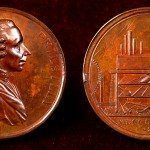 Joseph Priestley and his Influence on Education in Birmingham
Joseph Priestley and his Influence on Education in Birmingham
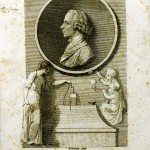 Priestley’s Educational Philosophy
Priestley’s Educational Philosophy
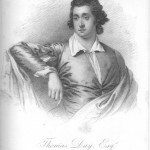 The Lunar Society and Education
The Lunar Society and Education
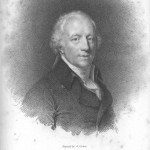 The Lunar Society and Education
The Lunar Society and Education
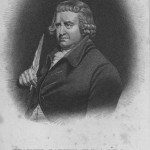 The Lunar Society and Education
The Lunar Society and Education
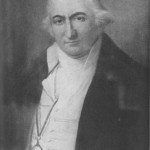 The Lunar Society and Education
The Lunar Society and Education
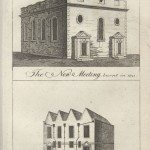 Birmingham: Priestley’s Educational Inheritance
Birmingham: Priestley’s Educational Inheritance
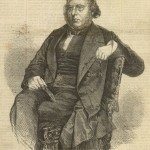 From Priestley to the Hills
From Priestley to the Hills
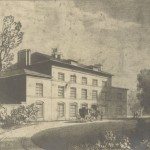 A “Modern” Education
A “Modern” Education
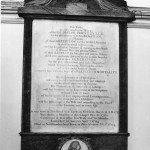 Liberalism and an Educative Society
Liberalism and an Educative Society
 Women’s Education and Emancipation
Women’s Education and Emancipation






